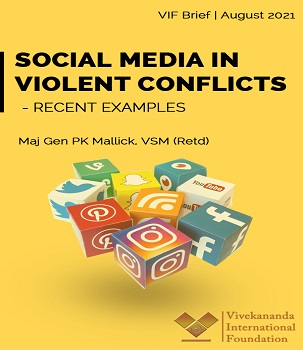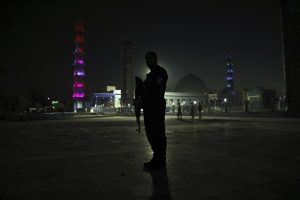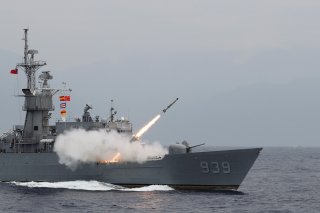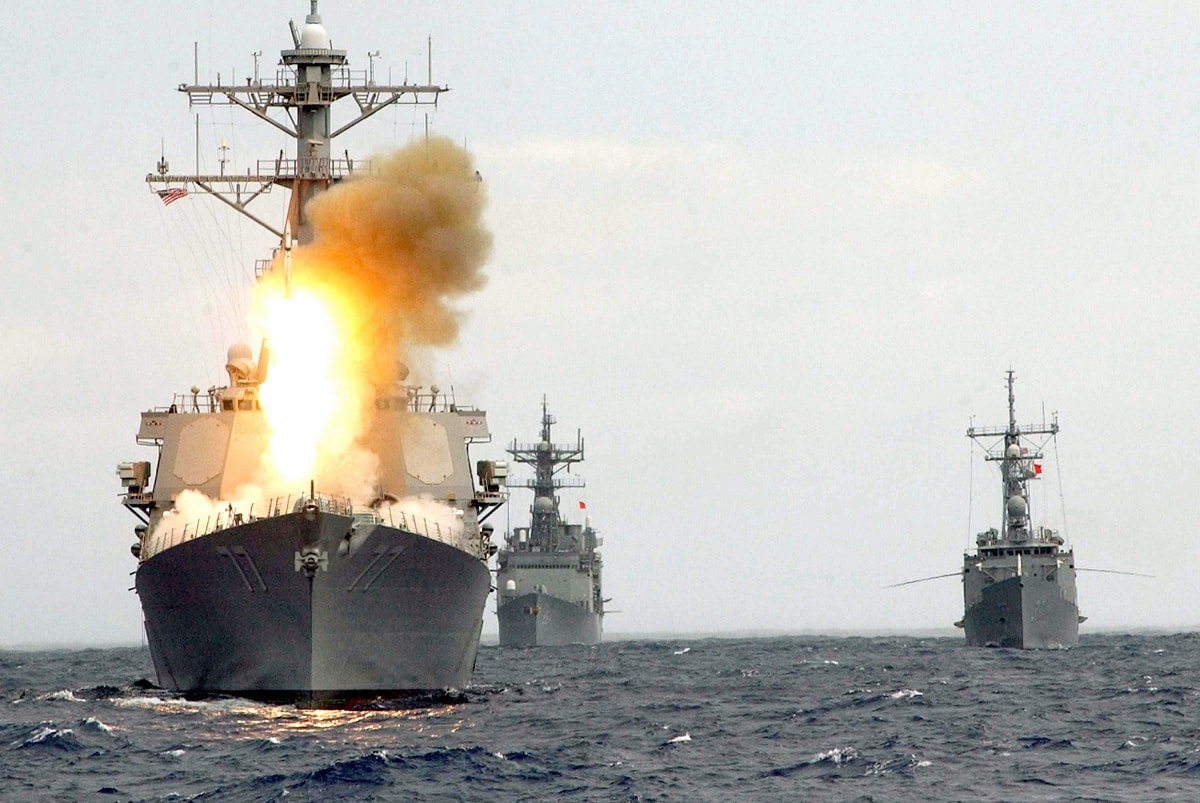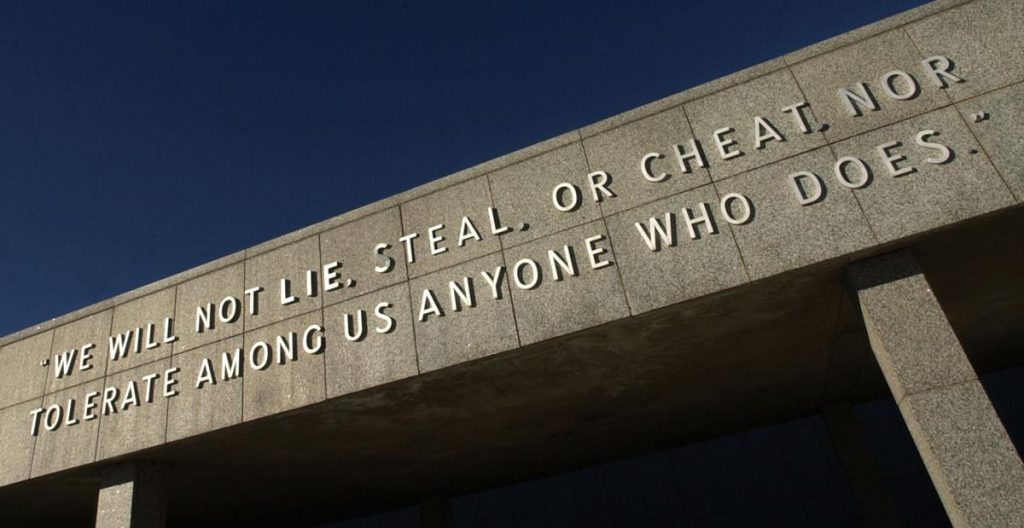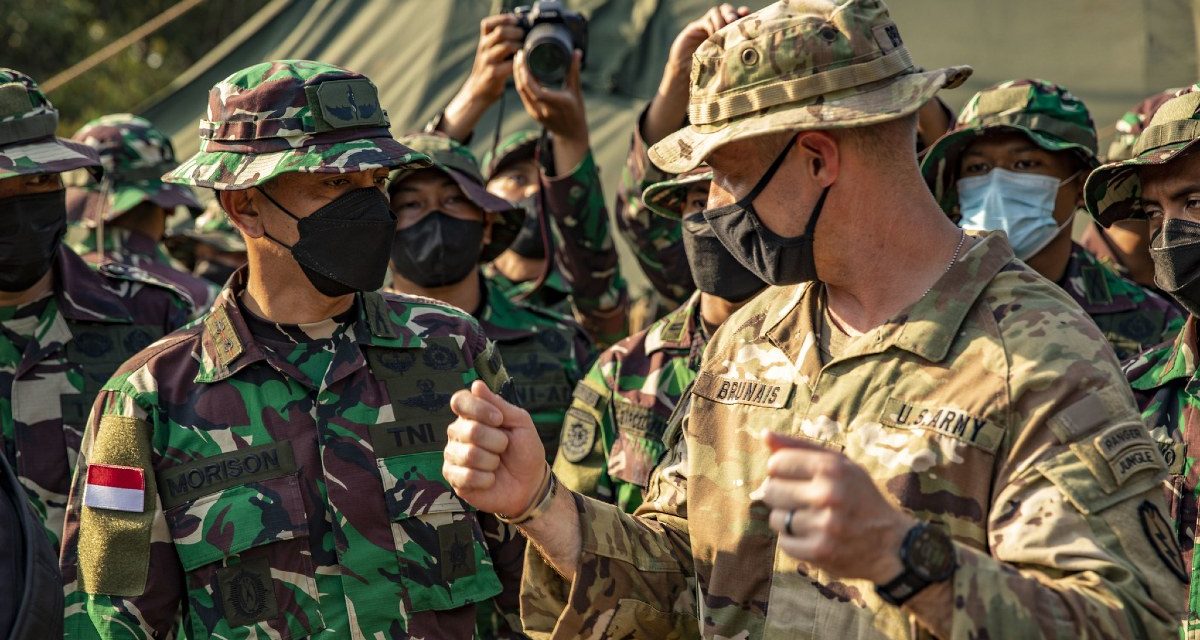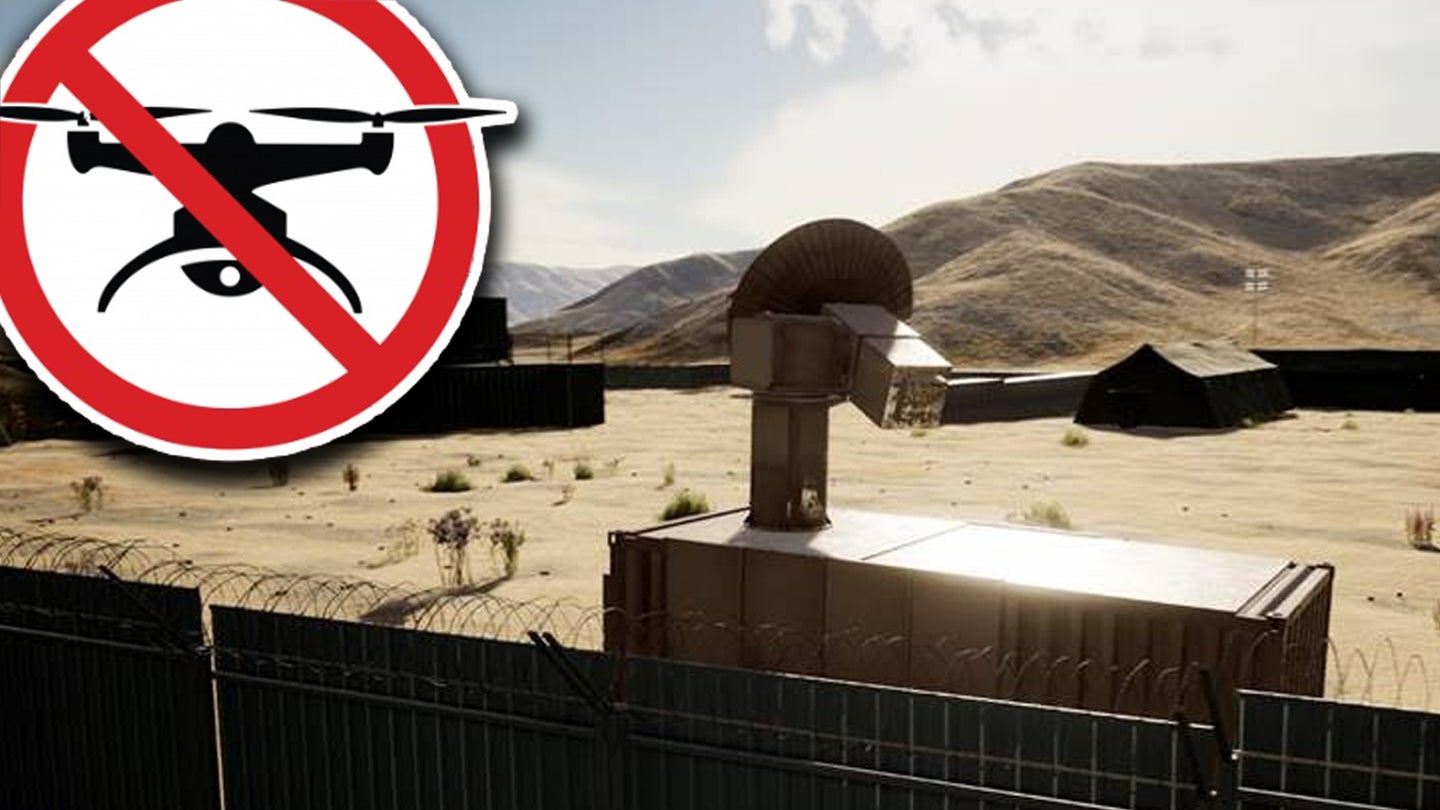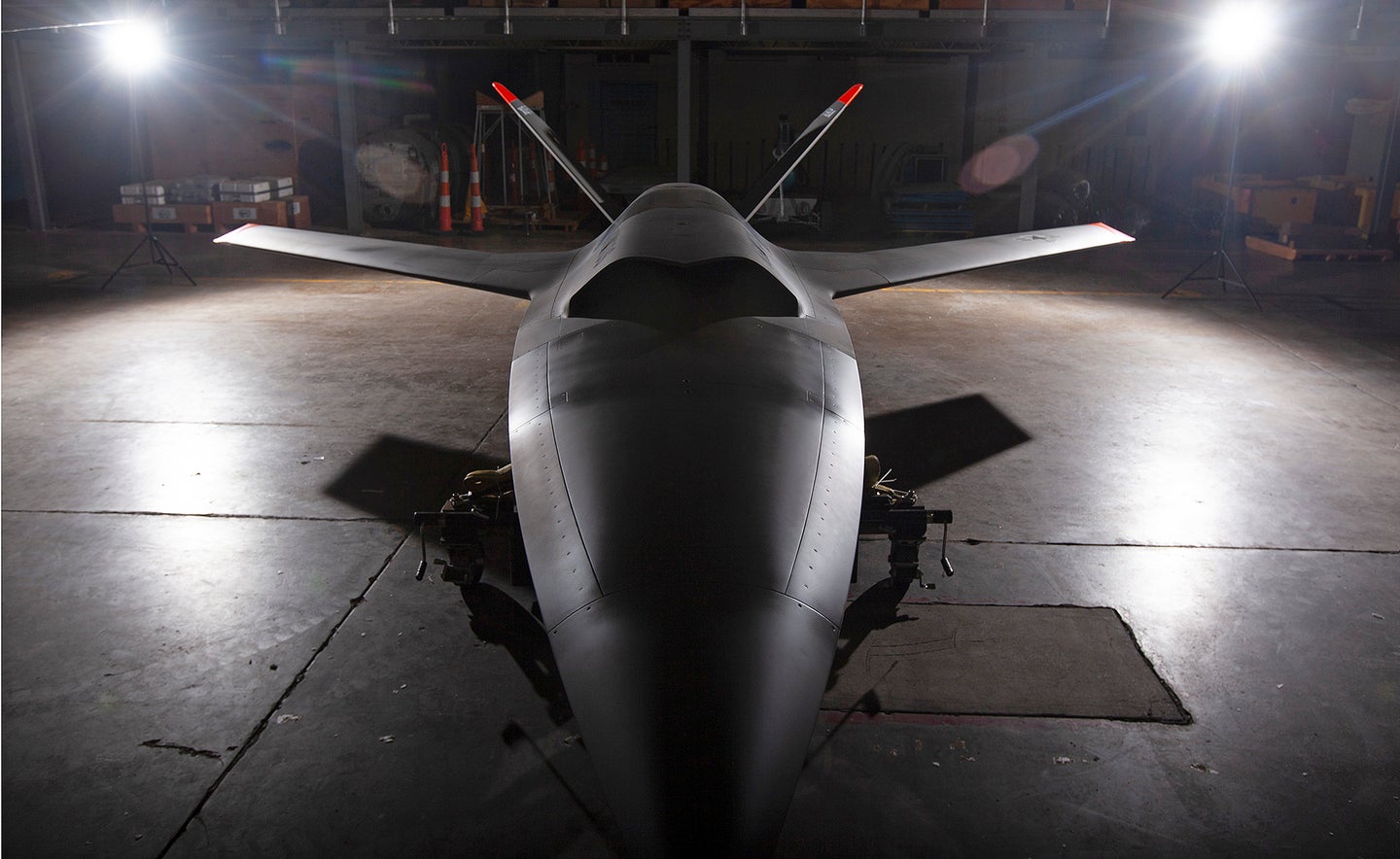Dr Christina Lin
On June 14, 2021, NATO leaders convened for a summit in Brussels and expressed concern over China’s behavior as a “systemic challenge” to the security of the NATO alliance.1 The following day, the People’s Republic deployed a dozen warplanes to swarm Taiwan’s air defense zone in what Newsweek describes as “gray-zone” activity to display Beijing’s displeasure.2 Against this backdrop, NATO’s new emphasis on China reveals that the attention of the alliance is shifting eastward from its traditional focus on Russia and Europe’s immediate neighborhood. Moreover, the alliance is especially concerned about Beijing’s global power in high technology. In response to cyber, space, artificial intelligence (AI), and other asymmetric threats enabled by emerging and disruptive technologies (EDT), NATO needs to adapt to China’s military rise in areas where it poses a challenge to the alliance. As observed by Kate Hansen Bundt, Secretary General of the Norwegian Atlantic Committee, this includes China’s ambitions in the development of technology standards and global governance, and its “race to control and influence the global digital infrastructure.
Simona Soare noted in a recent German Marshall Fund policy brief that, while NATO is concerned with Russia’s adoption of EDTs, “Chinese investment and leadership ambitions in the adoption of these technologies is the main geopolitical driver behind allied innovation plans.”4 In June 2020 NATO created an Advisory Group on Emerging and Disruptive Technologies to develop an allied innovation ecosystem with partners and external EDT stakeholders.5 In April 2021, the NATO Parliamentary Assembly issued a report on how NATO should enhance science and technology (S&T) cooperation with Asian partners to further its mission.6 Given that AsiaPacific nations such as Japan, South Korea, Singapore, and Taiwan are leaders in the development of EDTs (as well as semiconductors that enable these technologies), this provides an opportunity for them to partner with NATO—and to enhance the transatlantic alliance’s defense technological edge, alongside their own.
